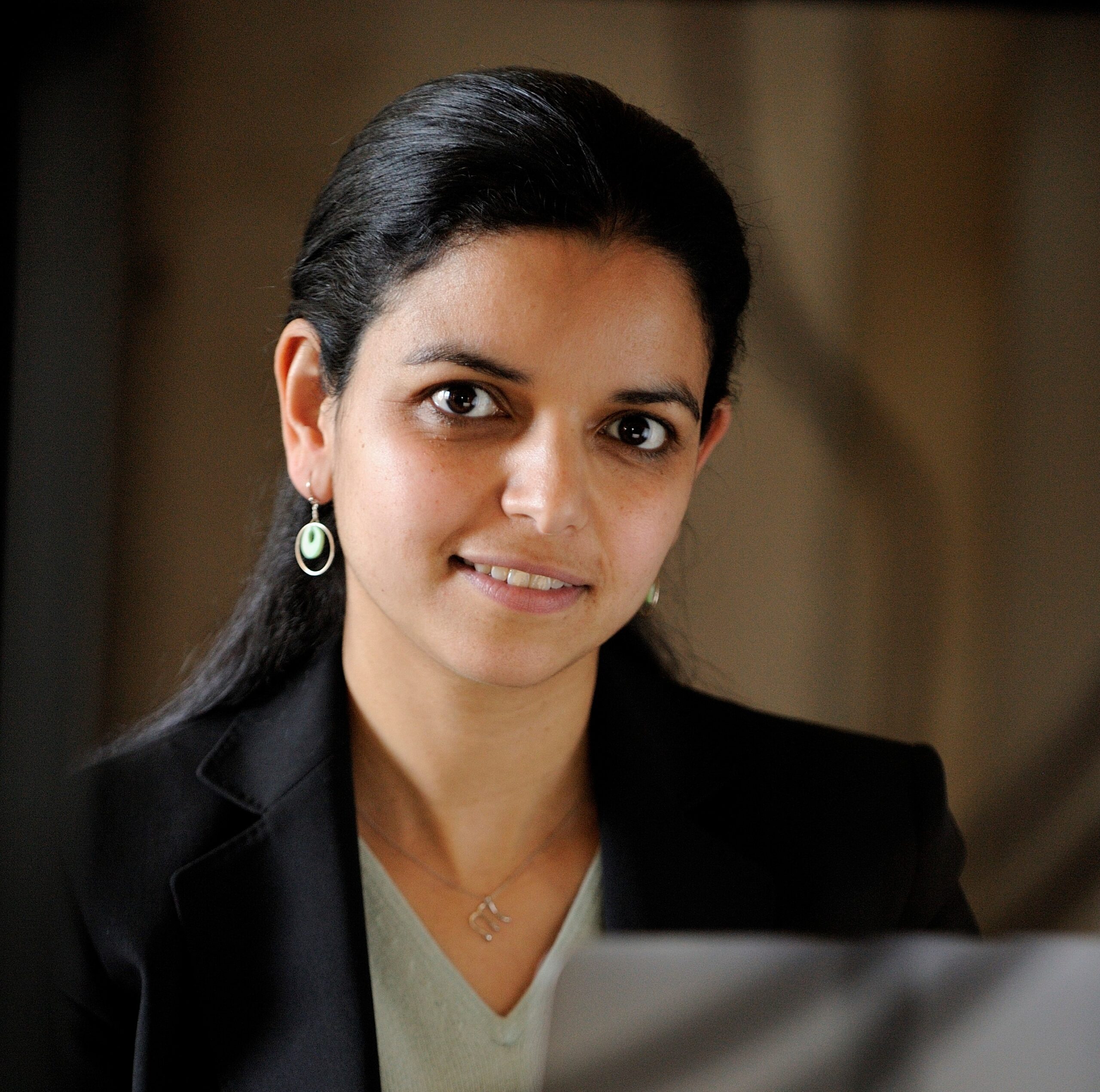The Johns Hopkins Artificial Intelligence and Technology Collaboratory (JH AITC) is seeking proposals that facilitate the rapid development and implementation of novel artificial intelligence or technology solutions that improve the health and well-being of older persons with Alzheimer’s disease and related disorders (ADRD).
The JH AITC welcomes applications from investigators with engineering, clinical, nursing, medicine, rehabilitation, therapy, social work, nutrition, public health, and business backgrounds and proposes funding approximately $1,000,000 for pilot projects in 2025. Proposed budgets can range from $10,000–200,000 over one to two years. Applicants from underrepresented racial and ethnic groups, women, members of minoritized communities, and individuals with disabilities are encouraged to apply.
Acceptable proposals must demonstrate some viable pathway toward product development and must prioritize the use of engineering- or AI-based approaches such as robotics, machine learning, big data analytics, image and biometric scanning, speech and natural language processing, integrated platforms, mobile/smart devices and applications, or nanobiotechnologies. Emergent technologies, as well as the adaptation of existing technologies or AI approaches to address a novel ADRD-related problem, are encouraged. Proposals focused on rural health are also encouraged. Proposals are expected to describe plans for pre-competitive data sharing in a consortium data commons and the National Institute on Aging archive.
Areas of programmatic interest for funding in this area, along with examples of potential projects, are listed in the tab to the left.





